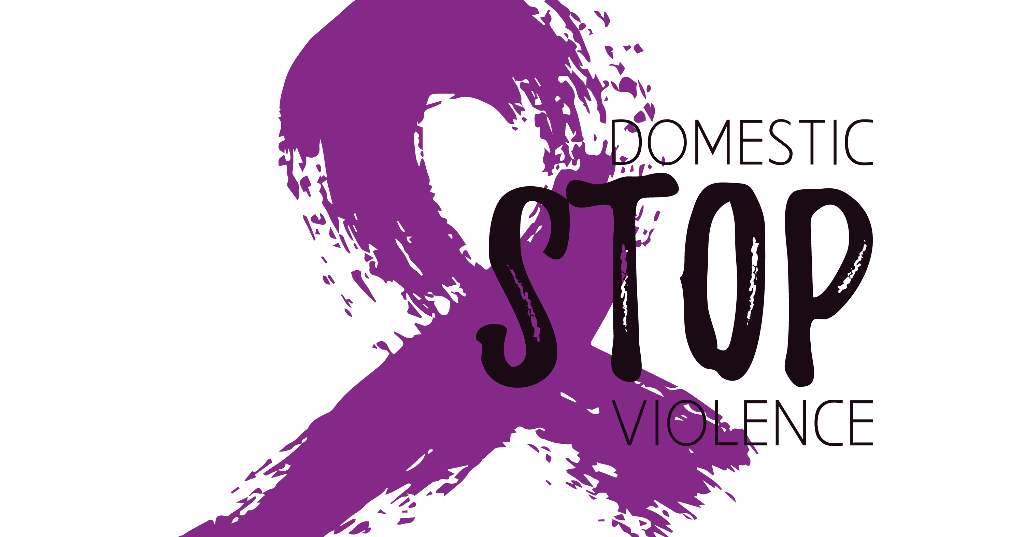The spate and intensity of incidences of domestic violence in Nigeria are exacerbating the climate of fear and killings in the country.
Recently, the Niger State Police Command arrested a woman for allegedly killing her husband at night while he was asleep.
The suspect, 27 year old, Fatima Dzuma, was said to have taken the life of her husband because of a scuffle they had before both retired to bed the previous night.
The Police Command through its Spokesman, Superintendent of Police, Wasiu Abiodun, confirmed the incident and added that the suspect used a pestle to smash her husband’s head leading to his death.
Also, a middle-aged man, identified as Nwana, reportedly set his wife, Chioma Nwana, ablaze following a heated altercation over suspected infidelity at Eziezekwe village, Abagana, in the Njikoka Local Government Area of Anambra state.
The tragic incident escalated after the suspect accused his wife of having an affair. Chioma, who sustained severe burns, was rushed to a nearby hospital but succumbed to her injuries the following morning.
Following the act, the suspect reportedly presented himself at the Abagana Divisional Police Station, confessing to the crime.
In a similar incident, an Enugu man, Sunday Echeji, was accused of cutting off his wife’s hand in domestic violence, and was remanded in a correctional centre.
Echeji was arraigned before Chief Magistrate Court 1 in Enugu, Enugu State, according to a statement issued by the office of the First Lady of the state.
The incident, which occurred in Ugwuogede village, Ibagwa-Agu, Nsukka Local Government Area, sparked widespread outrage across the state and even beyond.
Sadly, all the afore mentioned incidents happened to be just a few that attracted media attention as studies have shown that domestic violence in Nigeria is underreported.
Domestic violence, a significant public health concern, remains prevalent in low- and middle-income countries.
While developed nations have successfully implemented preventive measures that have led to a reduction of such occurrences, developing countries, such as Nigeria, encounter enduring challenges as a result of inadequate legal instruments and, in most instances, trade-cultural barriers as well as the political will to put to effective use existing laws, as weak as they are,that frown at such practices
Domestic violence is a multifaceted issue that affects all genders, adversely impacting physical and mental health.
A World Health Organisation (WHO) study across 161 countries found higher rates in lower- and middle-income countries.
Developing countries in Sub-Saharan
Africa, Northern Africa, parts of Asia, Latin America, the Caribbean, and Oceania averaged a 37 per cent prevalence rate. In contrast, developed regions, including Europe, North America, Australia/ New Zealand, and Japan, averaged a 16 per cent prevalence rate.
These figures highlight the disparity in domestic
violence incidences worldwide.
We are concerned that cases of Domestic violence in Nigeria are on the ascendancy with no sign of reduction in the country regardless of age, tribe, religion, or even social status. Studies indicate a nationwide prevalence rate between 31 per cent and 61 per cent.
Regionally, the rates vary: in Southern Nigeria, the prevalence is 37.9 per cent(78.8 per cent in the South-East, 41 per cent in the South-South and 29 per cent in the South-West) while in Northern Nigeria, the rate stands at 42 per cent.
This underscores the pervasiveness of domestic violence across all regions of Nigeria, transcending religious and cultural boundaries.
Factors contributing to its occurrence include unequal wealth distribution, lower education levels, societal norms, and ineffective prevention strategies.
As a newspaper, the substantial burden of domestic violence underscores the need for comprehensive and targeted
preventive strategies to address its root causes and mitigate its impact.
Some reasons for underreporting include fear of victim-blaming, acceptance of violence, and lack of police action.
Some people also consider it taboo to involve the police in family matters.
Common forms of violence against women in Nigeria are rape, acid attacks, molestation, wife beating, and corporal punishment.
But we are baffled as to why couples would seek to settle their disagreements through death as if willful killing is a simple matter and not a capital offence.
Sadly, one can only imagine the tragedy these suspects bring upon their families as they face the prospect of the full wrath of the law in addition to the loss of their spouses, putting their children in a precarious situation.
Though Nigeria has enacted various laws at the federal and state levels to combat domestic violence, including the ratification of the Convention on the Elimination of All Forms of Discrimination Against Women (CEDAW), in 1984, which translated to Violence Against Persons Prohibition (VAPP) Act, 2015, implementation still leaves much to be desired, especially in Northern part of the country.
In our opinion, effective strategies for tackling domestic violence are tolerance, patience, an anti-domestic violence sensitization forum, avoiding third party involvement, and the creation of a guidance and counseling unit in the ministry of women affairs across the states of the federation.
We also recommend that the three tiers of government should set up an enlightenment campaign for couples to help eradicate domestic violence.
Religious leaders should intensify efforts to fight against domestic violence in the society at large.
Holistically, as part of the healthy management of social interactions, Nigerians have to learn to carefully handle anger and frustration without resorting to acts that have serious negative consequences.
>
